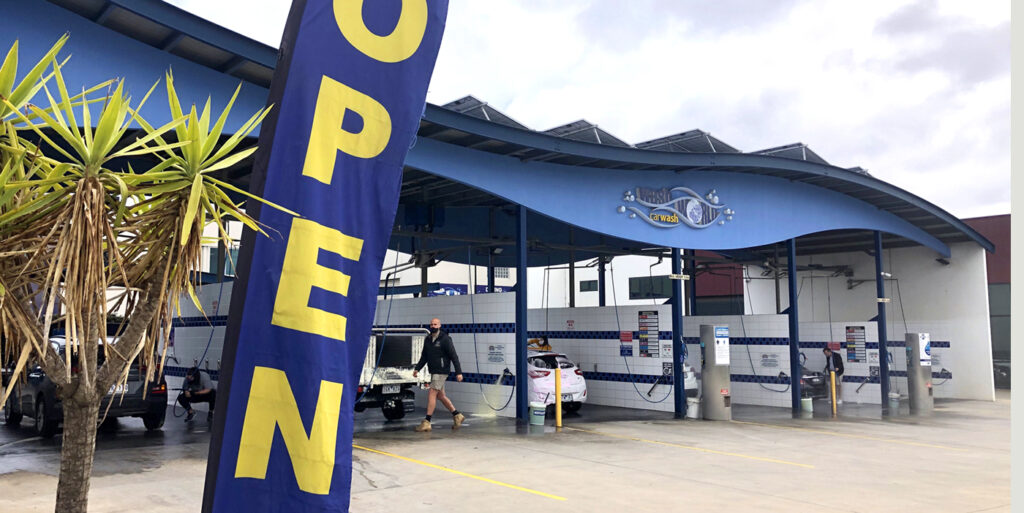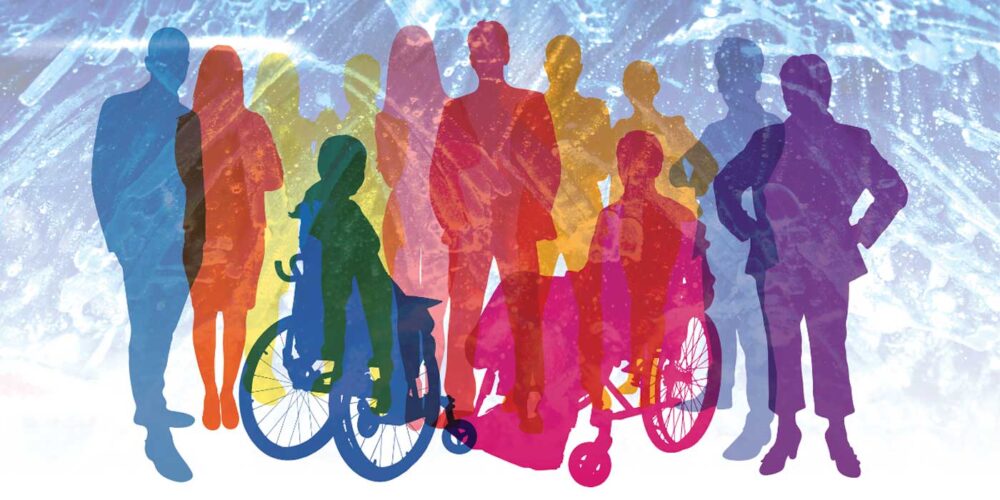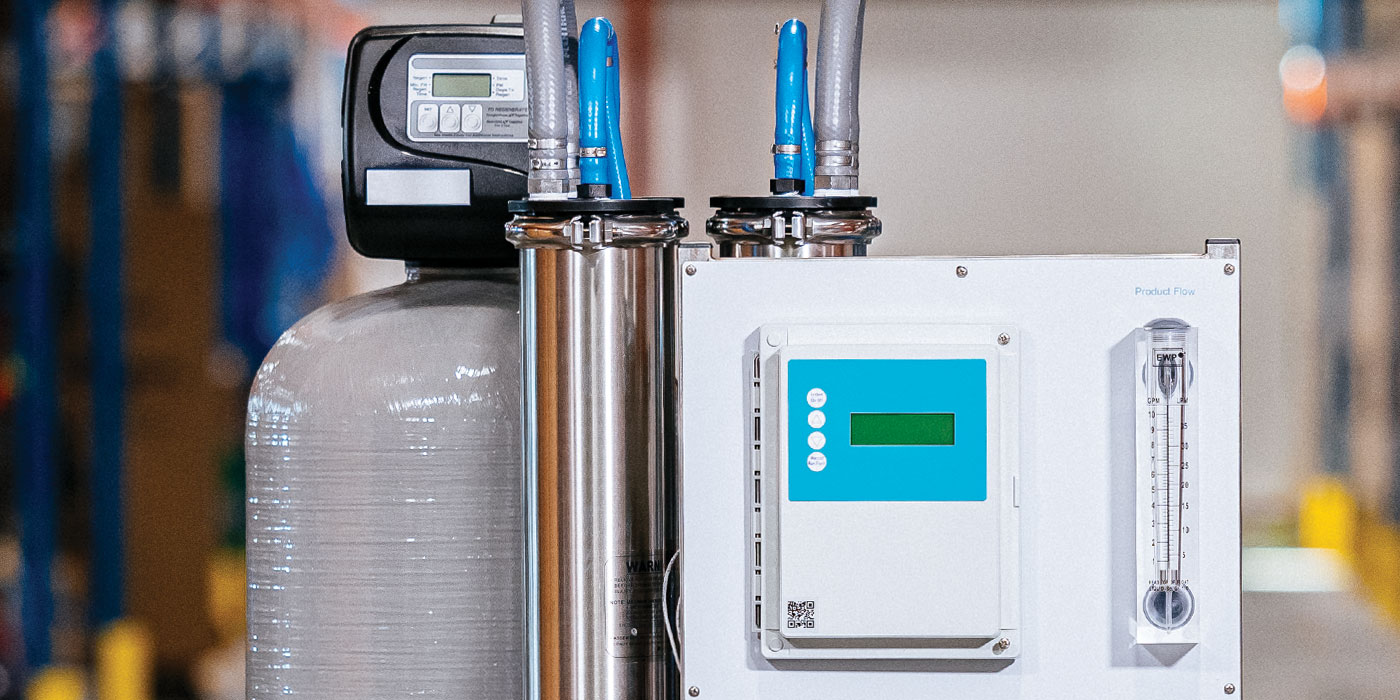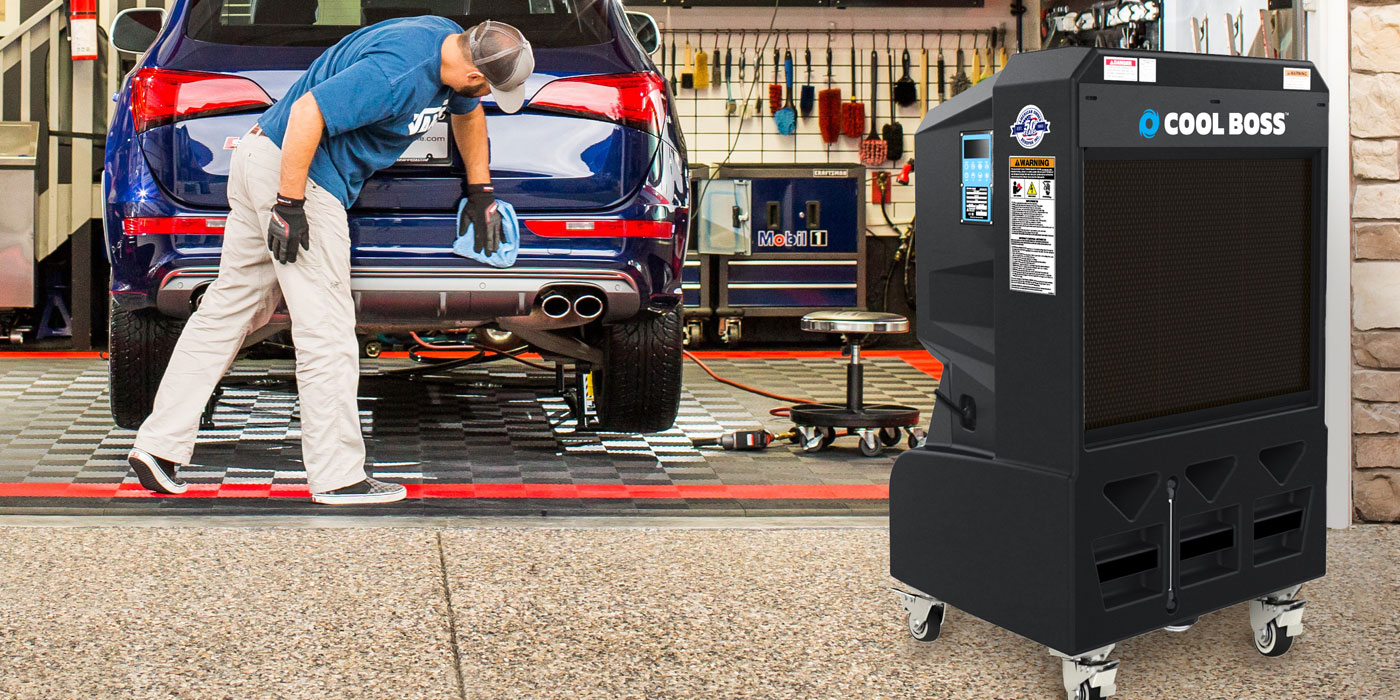Some readers of this article will be familiar with the Australian carwash market. If you’re not, let me summarize the industry landscape as quickly as possible, so that you will be better able to understand the effects the pandemic has had on these businesses.
The history of Australian carwashing
It was once the weekly chore of almost every teenage male in Australia to roll the family car onto the front lawn and wash it. And, of course, the vehicle would then have to stand up to dad’s white-glove inspection once the task was complete.
This ingrained home wash culture remains a challenge for the Australian carwash industry today. Still, demographic, environmental and social changes see the impact of our home wash culture reduce each year.
Related: The demise of driveway washing
The 1970s in Australia saw an enormous growth spurt in what was then a fledgling commercial carwashing industry. The decades following have seen the industry grow and flourish exponentially.
Like other parts of the world, increased demand for carwashing has been driven by consumerism and convenience. However, in Australia, the flight to commercial carwashing has been boosted by changes to the Australian residential landscape. The growth in higher-density living has seen the commercial carwash become a necessity for many.
It is estimated that around 3,000 carwash sites now service Australia’s population of 25.3 million.
The design of these carwash sites is strongly influenced by two factors: the price of real estate and the cost of wages — both of which are extraordinarily high by international standards.
Until the early 2000s, Australian carwashes presented as in-bay automatics, self-serve bays or a combination of both, located on compact real estate lots. To maximize returns from expensive land costs, carwash operators began value-adding. They bolted on additional profit centers — such as dog washes, vending, cafés and even laundry services — to wash sites.
It possibly comes as little surprise that, like other parts of the world, the past five years have seen rapid growth in the installation of conveyor wash systems — notably, the introduction of tunnel wash sites, which are more frequently appearing around the country.
Interestingly, the past decade or more has also seen a significant expansion of luxury hand wash and detailing services, particularly (but not always) located in and around the country’s expanding number of shopping malls.
In a country consisting mostly of desert and with outdated and sometimes inadequate water infrastructure, it has been a long-held view that the Australian carwash industry’s most significant risk of shutdown is drought.
That was, of course, until COVID-19 hit our shores.
The impact of COVID-19
By most standards, Australia, being an island nation, has limited the impact of the insidious coronavirus disease that is raging across the world.
However, in March 2020, most of the country’s citizens were ordered into lockdown for six weeks. During that time, many carwash businesses experienced large declines in revenue.
It was a hard hit but one which most washes were able to recover from quite quickly once the population returned to “COVID normal.” Indeed, for most operators, in the weeks that followed the March/April 2020 lockdown, sales exploded.
Just a month later, however, a “second wave” of the virus hit the nation’s second-largest city (Melbourne) and state (Victoria). The result was a complete and extended lockdown of the state’s 6.5 million residents and the forced closure of many businesses, including carwashes.
For many carwash operators in Melbourne and regional Victoria, this was financially devastating; however, most were able to dig deep and make it to the other side of lockdown.
Fortunately, as was the case after the previous lockdown, carwashing in Victoria rebounded strongly, and wash operators have been rewarded with a strong return of customers to their sites.
The Australian Carwash Association is regularly receiving reports from operators across the country who are experiencing “record numbers” through their washes. Overall, it seems that carwashing has flourished since the end of the Australia-wide COVID lockdown.
That’s not to say there has been no COVID impact — far from it.
For wash operators, there continues to be random localized lockdowns imposed by health departments to deal with. Each time these are enforced, businesses feel the dark cloud of COVID sitting over them.
The industry has also suffered considerable increases in international freight costs, significant delays with shipping and manufacturing, and general product shortages that create issues for many operators and suppliers.
A bright future for Down Under
But as they say, every cloud has a silver lining. With the Australian government announcing major COVID tax incentives for capital expansion in businesses, carwash operators are looking to upgrade equipment. As a result, Australia’s manufacturers and suppliers are reporting levels of new inquiries well ahead of previous years.
One particular and unintended consequence of COVID-19 has been the general public’s adoption and use of credit card payment as a preferred option. Demand for expansion of these services at carwashes has been considerable.
With community COVID vaccination set to commence soon (at the time of writing this article), Australia now finds itself looking toward a bright future.
And now that our once-in-a-century health crisis looks to be coming under control, we are all looking to get back to the simple things that used to keep us awake at night. You know, the uncomplicated things like drought, water restrictions, excessive rents, staff shortages, toxic waste removal, weather conditions, staff shortages and vandalism, to name just a few.
The Australian carwash industry’s resilience and success have never been better displayed than during the COVID pandemic, but let’s face facts: Owning a carwash in Australia has never been for the faint of heart.
Neil Fox is the president of the Australian Carwash Association. The Australian Carwash Association is the peak national body for the carwash industry in Australia. It enables strong industry representation to government and regulatory authorities as well as provides an important role in enhancing the skills and knowledge of carwash business professionals through a range of research and best practice guides, seminars and events.














